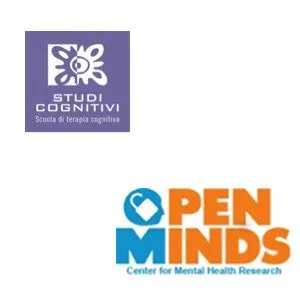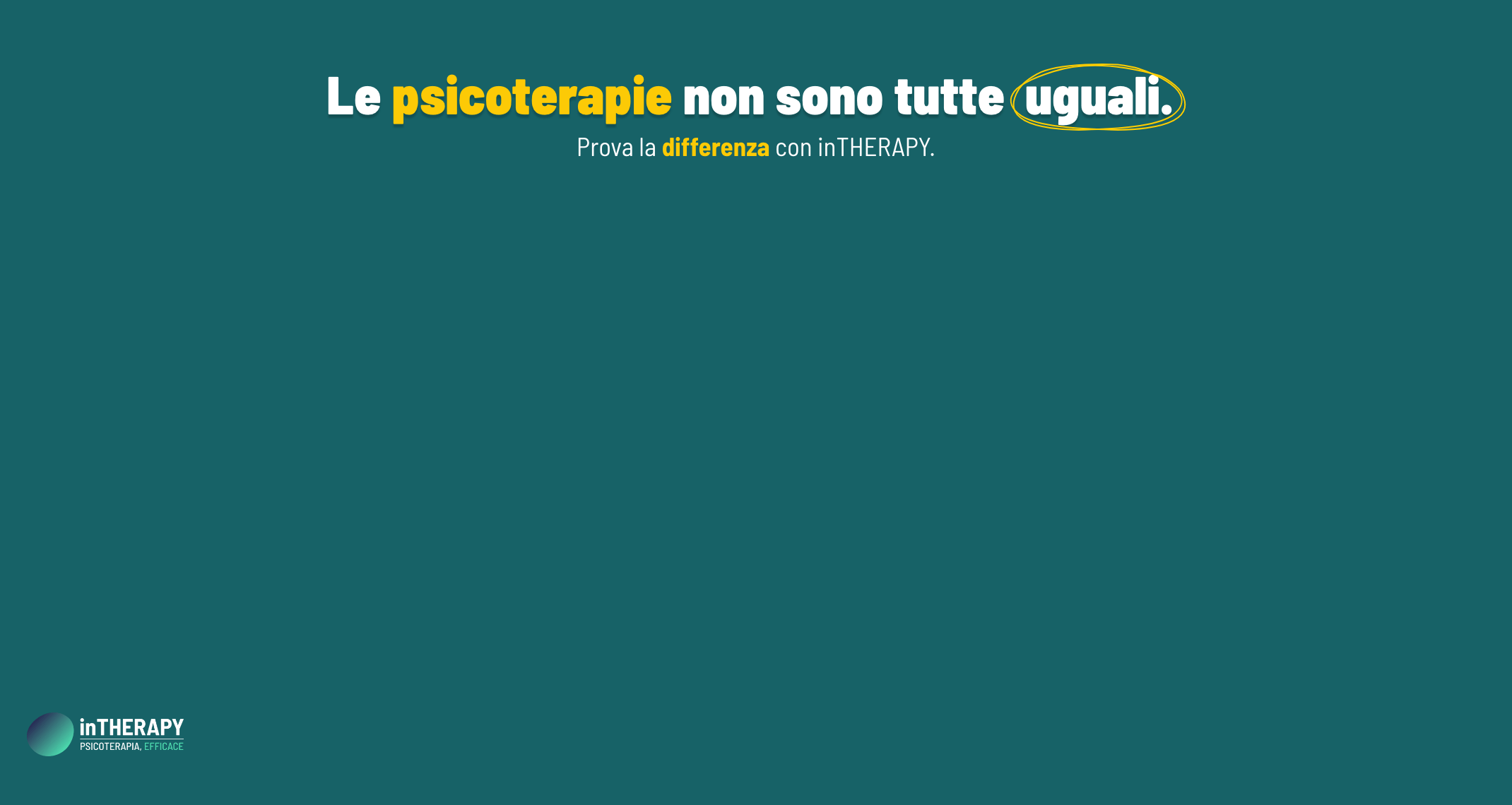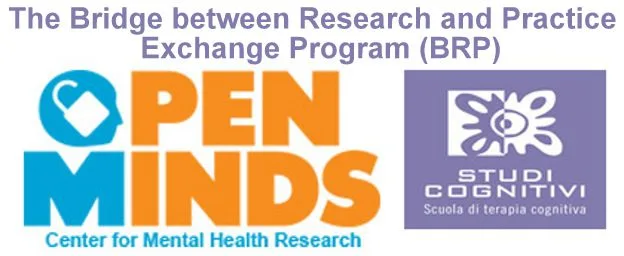The bridge between research and practice: updates from Open Minds.
Improving knowledge of mental health and the Access to Mental Health Service: The Role of Literacy
Mental health literacy (MHL) is a term that refers to the ‘knowledge and beliefs about mental disorders which aid their recognition, management or prevention’
It is now well recognised that up to 70% of individuals with mental health disorders do not seek help (Farrer, Leach, Griffiths, Christensen, Jorm, 2008).
The advantages of early help seeking have been clearly articulated, with early help seeking providing the opportunity for early intervention and improved long-term outcomes for mental disorders.

One reason for this observation may in part lie in practical and financial constraints—actually having sufficient treatment resources available in the places where they are needed. This alone, however, does not explain the unchecked rates of mental disease. One recent and significant development in the study of mental health that has the potential to help explain and more importantly, alleviate the difficulty of ensuring people get appropriate help when they need it has been the field of mental health literacy.
Mental health literacy (MHL) is a term that refers to the ‘knowledge and beliefs about mental disorders which aid their recognition, management or prevention’ ( Jorm, Korten, & Jacomb, 1997).
MHL consists of different components, including:
- the ability to recognize specific mental disorders and the attitudes that promote this recognition;
- knowledge of psychological distress risk factors and self-help interventions;
- knowledge of how to seek mental health information and the available professional
MHL has been studied in many countries and the results have shown poor levels of mental disease recognition and beliefs about treatment that differ from those of health care professional.
In the first significant study of mental health literacy in Australia, Jorm, et al. (1997) presented over 2000 subjects with two case vignettes (one of a person with depression, and one with schizophrenia). Only 39% could correctly identify depression, while only 27% of subjects could correctly label schizophrenia. In the same study they also asked to subjects which could be the best solution for this kind of problem and the results show that only half of the respondents thought that a psychiatrist or psychologist would be helpful for the person in the depression vignette, a proportion less than that cited for GPs, counsellors, close friends, family, and telephone counselling. While psychiatrists and psychologists were rated as relatively more helpful for the person in the schizophrenia vignette, they were nevertheless less likely to be rated as helpful than counsellors or GPs. This suggests that public perceptions of mental health specialists need to be changed.
However more recent studies suggest that there are age and gender differences in Mental Health Literacy.
The survey company AC Nielsen conducted, in 2003-2004, a national clustered household survey of Australian adults reporting that the age differences occurred primarily between the oldest age group and all other ages. In particular, respondents in the oldest age group were less likely to correctly identify the mental illness described in the vignette, endorsed fewer sources of treatment as helpful, and were more likely to believe that schizophrenia was related to character weakness. Younger people have better mental health literacy concerning depression than schizophrenia. Although the 18– 24 years age group were superior at correctly identifying depression, they were less competent at correctly identifying schizophrenia, and were more likely to misdiagnose schizophrenia as depression. Younger people also tend to identify informal treatment sources as helpful, while the elderly rate fewer sources as helpful overall (Farrer, et al. 2008)
Mela, Tartani, Forsner, Edhborg, Forsell (2009) adapted the established vignettes developed by Jorm et al (1997) to evaluate the MHL in a group of adolescent. In fact among the many mental health problems, adolescent depression remains the most concerning for its link to suicide and because of the earlier age of onset (Rutter & Smith, 1995). The results show that only 42.7% of the respondents were able to identify depression and significantly fewer, 34.7%, were able to identify schizophrenia.
In this study, they also found that females, compared to males, were better at identifying depression in line with previous studies (Burn & Rapee, 2006) but with no gender differences in the schizophrenia vignette. Respondents in our study, who failed to recognize depression and schizophrenia, often misattributed the symptoms to stress, loneliness and a bad lifestyle. Only a minority of the respondents suggested help offered by health care professionals for managing depression (22.5%) or schizophrenia (32.6%).
The majority suggested non-standard forms of help, including social and physical activities, ways of entertain-ment, or lifestyle improvements. This fact could be important to implement Mental health awareness programms in schools that have been shown to be effective in changing young people’s opinions about mental health matters and help-seeking (Battaglia, Coverdale, & Bushong, 1990) and psychoeducation programms should be considered by the authorities as part of the mandatory school curriculum; this in order to increase levels of MHL among adolescents and prevent the development of stigmatizing attitudes towards mental illness (Melas et al, 2009).
LEGGI ANCHE:
- ENGLISH ARTICLES
- ARTICOLI SU: PSICOLOGIA E PSICHIATRIA PUBBLICHE
- ARTICOLI SU: STIGMA
REFERENCES:
- Battaglia, J., Coverdale, J. H., & Bushong, C. P. (1990). Evaluation of a mental illness awareness week program in public schools. The American Journal of Psychiatry, 147(3), 324–329.
- Farrer L, Leach L, Griffiths KM, Christensen H, Jorm AF (2008). Age differences in mental health literacy. BMC Public Health, 8:125.
- Jorm AF, Korten AE, Jacomb PA, Christensen H, Rodgers b, & Pollitt P. Mental health literacy: a survey of the public’s ability to recognize mental disorders and their beliefs about the effectiveness of the treatment (1997). Medical Journal of Australi, 166(4): 182.
- Kupfer DJ, Frank E, perel JM: The advantage of early treatment intervention in recurrent depression (1989) Archives of General Psychiatry, 46:771-775.
- Melas PA, Tartani E, Forsner T., Edhborg M., Forsell, Y (2013). Mental health literacy about depression and schizophrenia among adolescents in Sweden. European Psychiatric, http://dx.doi.org/10.1016/j.eurpsy.2013.02.002.
- Rutter, M., & Smith, D. J. (1995). Psychosocial disorders in young people: Time trends and their causes. London: Wiley.


